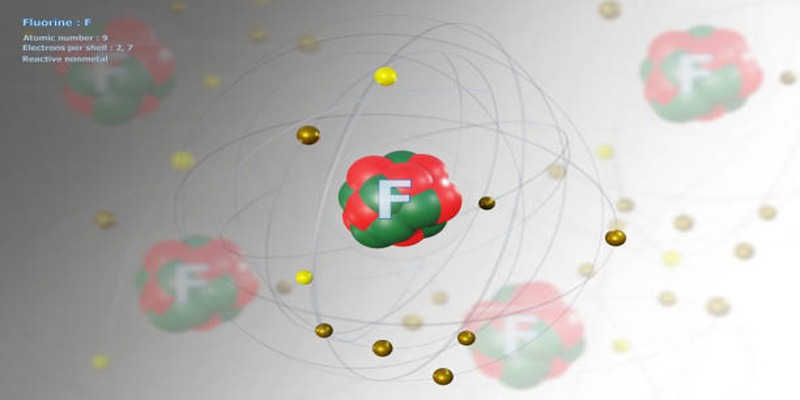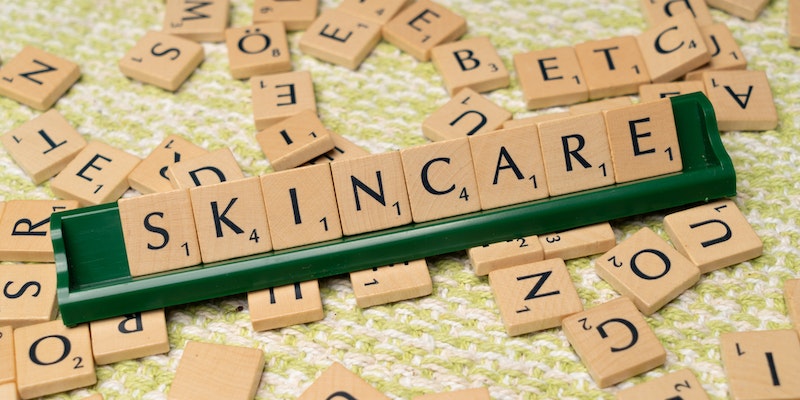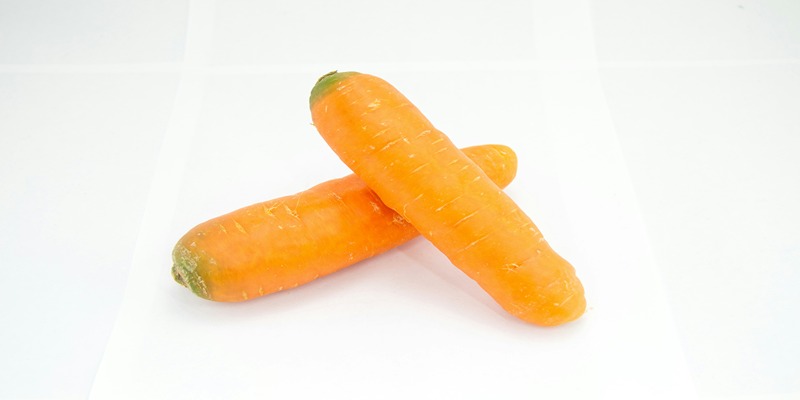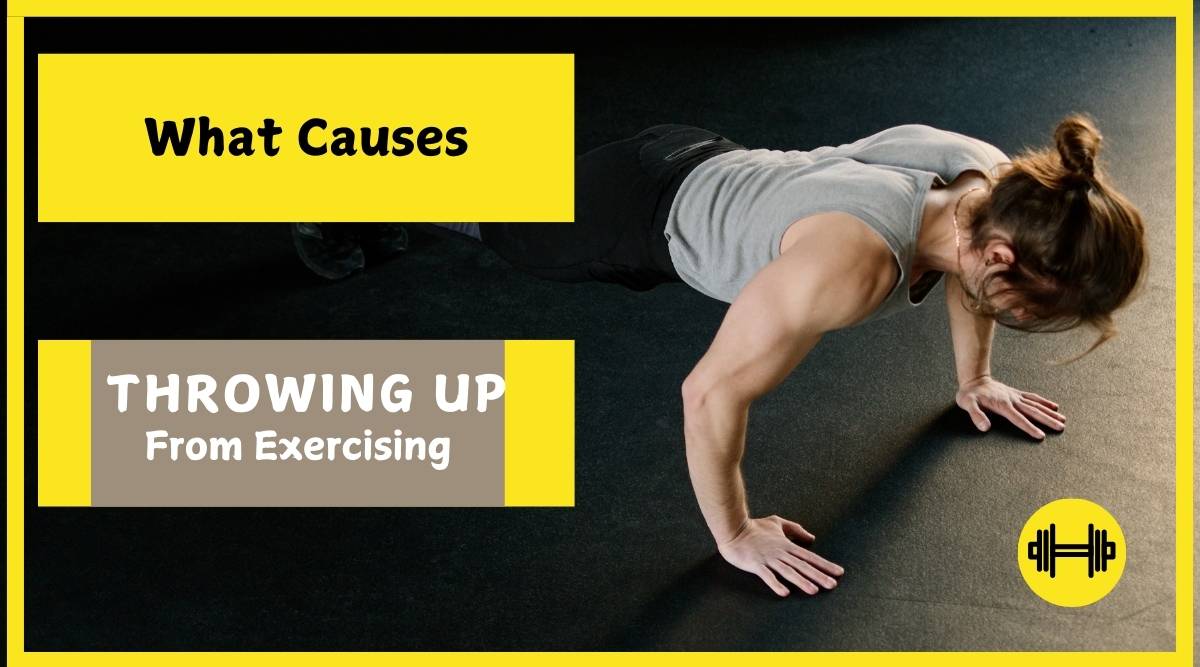Impact of Eating After Exercise on Weight Gain
Oct 20, 2024 By Korin Kashtan
A hard and prolonged workout session requires post-workout fueling to fulfil your energy needs and help with muscle repairs. But right after the workout, many people are concerned about what they should eat that does not lead to weight gain. The fact is that if you consume the right nutrients after a workout, it can help you support your fitness goals. Your body requires some energy to recover and rebuild the necessary energy after exercise. For this, you need to understand your own body first. If your overall calorie intake matches your energy expenditure, you cannot gain weight by working out. So, in this article, we will explore how eating after exercise causes people to gain weight and the reasons behind it.
5 Surprising Reasons You Might Gain Weight While Working Out
Despite hormones, medications, genetics and medications, there are many other reasons for sudden weight gain while working out for a few days. The following reasons can make you gain weight while working out.
Eating Too Many Calories
After a good workout, it's normal to feel hungry, and sometimes we think of eating a bigger meal or a special treat to fill our energy. However, eating more calories than you burn during exercise can lead to weight gain. For example, if you burn 300 calories during a run but eat a meal worth 600, you've consumed 300 extra calories. Over time, these extra calories can add up and cause weight gain even if you exercise regularly.
Another issue is not being aware of portion sizes. After a workout, it's easy to overeat, especially if you're very hungry. Large portions of food, even healthy ones, can add up in calories. For example, eating a big bowl of pasta or a large smoothie with many ingredients can be more calories than you need for recovery. To avoid this, try to eat balanced meals with the right portions of proteins, carbs, and fats, and pay attention to your hunger levels to prevent overeating.

Choosing Unhealthy Foods
Most of the time, you start craving something tasty, like a sweet treat or fast food. This is the biggest mistake because it can let go of all your efforts and vanish. Foods high in sugar and unhealthy fats, such as candy, pastries, or fried foods, are packed with empty calories. These calories dont provide the nutrients your body needs to recover and can lead to weight gain if eaten regularly after exercise. While they might satisfy your immediate cravings, they can cause a spike in your blood sugar levels, which leads to a quick drop in energy, and you feel hungry again soon after.
Overestimating Calories Burned
It's common to overestimate how many calories you burn during exercise, leading to eating more than necessary afterwards. For example, a 30-minute jog might burn around 200 to 300 calories, but many people think it's much more. This misunderstanding can cause you to eat a big meal or extra snacks, which is the biggest mistake. If the calories you consume exceed those you burn, it can lead to weight gain over time, even if you exercise regularly.
Another main issue is relying on fitness trackers, which can sometimes give inaccurate readings of burned calories. To prevent this, try not to use exercise as a direct reason to eat more. Focus on eating balanced, healthy meals that provide the proper nutrients for recovery rather than using food to reward your workout. This will help you maintain a healthy balance between calories in and out and support your weight management goals.
Skipping protein
Protein is essential for repairing and building muscles that get stressed during workouts. If you dont consume enough protein, your body might not recover well, leading to soreness and fatigue. Moreover, without sufficient protein, you might feel hungrier throughout the day. It can cause you to overeat later on. This can easily result in consuming more calories than you need and contribute to weight gain rapidly even if youre exercising regularly.
Protein also helps to keep you feeling full for longer periods. You may crave more food soon if you skip it in your post-workout meal. This can lead to unnecessary snacking or choosing quick, unhealthy options to satisfy your hunger. Including protein-rich foods like chicken, eggs, yoghurt, or plant-based options like beans and tofu in your post-workout meal can help keep you satisfied, support muscle recovery, and prevent overeating. This way, you can enjoy the benefits of your workout without unintentionally adding extra calories.
Frequent snacking
Frequent snacking after exercise can easily consume more calories than you realize. Feeling hungry after a workout is common, but constantly reaching for small snacks can quickly add up. For example, you might have a handful of nuts, protein bars, and fruit, thinking they're small and healthy options. However, even healthy snacks have calories; if you're not careful, these little bites throughout the day can add up to more than you burned during your workout. This can lead to weight gain over time, especially if the snacks are not well-balanced in nutrients.

Macro Nutrients for Post-Workout Healing
Post-workout recovery is important for everyone who exercises, whether you're an athlete or just someone who enjoys fitness. It helps restore your energy, repair your muscles, and prepare your body for the next workout. The three main macronutrientsproteins, carbohydrates, and fatsplay a unique role in this recovery process.
According to a research,
Insulin, which facilitates glycogen formation, could be more efficient when carbohydrates and proteins are ingested.
Proteins
Proteins are key for fixing and rebuilding muscles after exercise. When you work out, your muscle fibres can get stressed and damaged, so they need protein to heal and become stronger. Eating protein after a workout gives your body the amino acids it needs to build new muscle. This can help you recover faster and feel less sore. Good protein sources include lean meats, dairy products, eggs, and plant-based options like beans and lentils. Eating about 0.4 to 0.5 grams of protein for every kilogram of your body weight is suggested after exercising.
Carbohydrates
Carbohydrates are very important for refilling your body's energy stores, and they are called glycogen. If you don't eat enough carbs after a workout, it can take longer for your body to recover. The recommended amount is about 1 to 1.2 grams of carbohydrates for every kilogram of your body weight. Choosing foods with a high glycemic index, which means they are digested quickly, can help restore glycogen faster. Good options include white rice, potatoes, fruits, and sports drinks.
According to a research,
Researchers believed that delaying carbohydrate intake for just two hours post-exercise might decrease the body's glycogen storage capacity by as much as 50%.
Fats
Fats are sometimes overlooked, but they are also important for recovery. Healthy fats help carry vitamins and minerals in your body and support hormone production, which is important for healing. They also help keep your cell membranes healthy and can reduce inflammation. However, eating fats in moderation right after a workout is best, as they can slow down digestion.
Conclusion
Does Eating After Exercise Make People Gain Weight? After all the discussion, we can say that some people gain weight by working out, which is due to multiple reasons. One of the major causes of weight gain is unintentional eating after exercise, and you might consume more calories than you have burnt. You should ensure that your calorie intake matches your energy consumption. Some other reasons, such as eating too many calories, choosing unhealthy foods, overestimating your calories, skipping protein and frequent proteins, also contribute to sudden weight gain.
Take control of your eating habits and achieve your fitness goals!

Free Radicals Explained: Causes, Risks, and Protective Strategies

Maximizing Wellness: Uncovering 15 Benefits of Vitamin A

Discover the Benefits of Leg Raise Exercise

Mastering Oily Skin: Tips and Tricks

Understanding Carrot's Nutrition Facts and Health Advantages

Ease Your Back: Gentle Yoga Poses for Stretching Hamstrings

Natural Skin Hydration Basics


